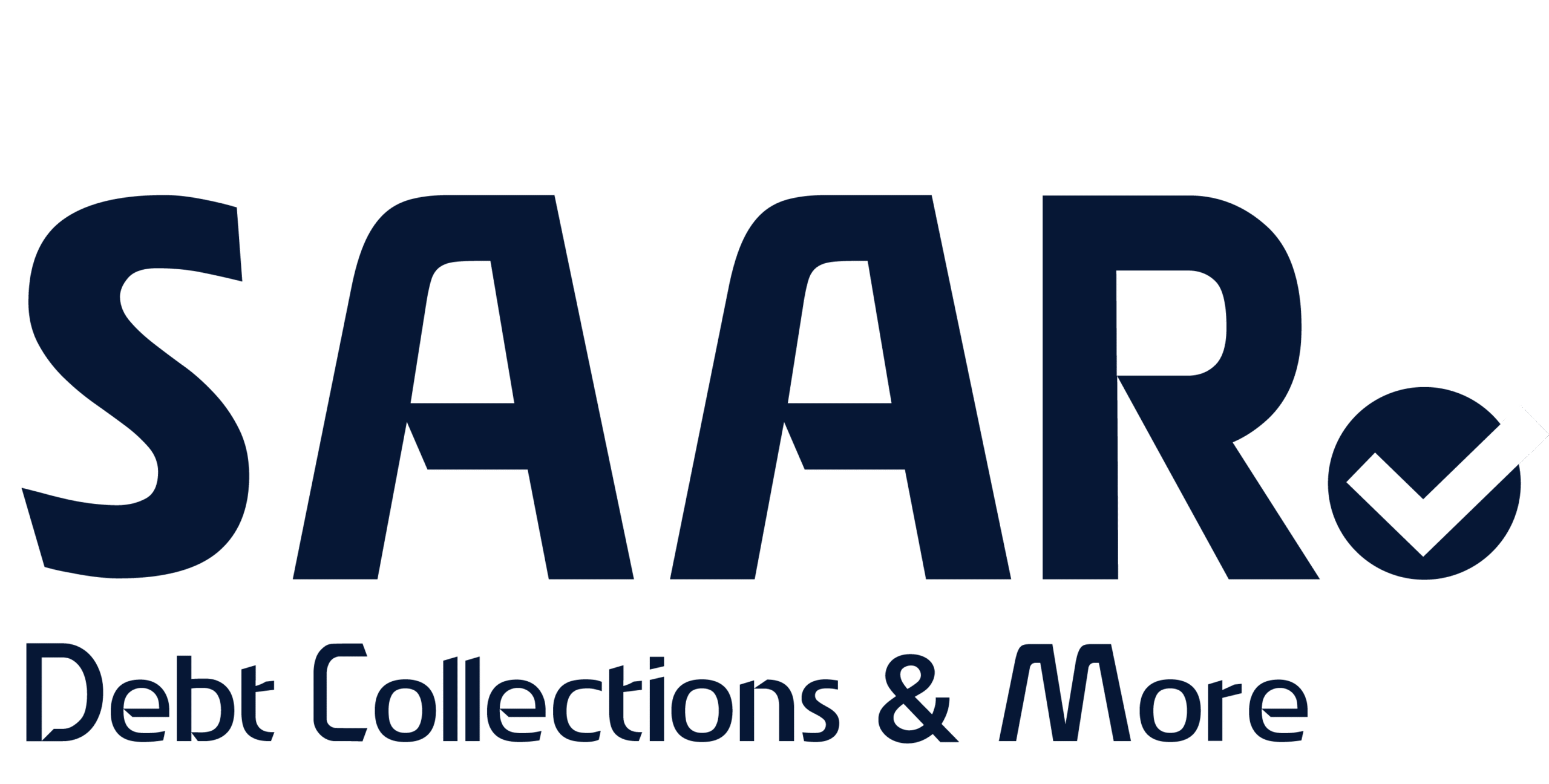If you run a business, you know how difficult it can be to track invoices and payments—especially when you have a large number of clients and invoices spread across different due dates.
This is where CRM systems come in. They help you manage the entire process and give you full control over your receivables—without stress or chaos.
❓ What is CRM?
CRM stands for Customer Relationship Management.
It’s a digital system that helps you:
-
Store client data
-
Track interactions
-
Manage invoices and payments
-
Maintain consistent communication
So how does it support debt collection and payment follow-up?
✅ How CRM Helps in Payment Follow-up and Collection
-
Accurate Invoice Tracking
CRM links every invoice to:-
Client name
-
Amount due
-
Due date
-
Payment status (Paid, Overdue, Partial)
-
-
Automated Payment Reminders
-
Sends SMS or email reminders to clients
-
Before, on, and after the due date
-
Professional tone, no pressure
-
-
Improved Client Communication
-
Log emails, messages, and calls
-
Track full client history
-
Enables confident, professional conversations
-
-
Organized Collection Team Workflow
-
Assign clear daily tasks
-
Monitor team performance
-
Avoid redundancy and errors
-
-
Insightful Reports for Better Decisions
-
Identify chronic late-payers
-
Track total unpaid invoices
-
Monitor average payment delays
-
Monthly collection performance
-
-
Integration with Accounting & Payment Tools
-
Link with platforms like QuickBooks, STC Pay, Mada, Apple Pay
-
Clients can pay directly via invoice links
-
Data updates automatically in the system
-
🛠 Top CRM Systems (for Global & Saudi Market)
-
Zoho CRM
-
HubSpot
-
Salesforce
-
Daftra (great for small to mid-sized Saudi businesses)
💡 Summary:
CRM is more than a sales tool—it’s a smart solution to organize your receivables and get paid faster, without damaging client relationships.
🚀 Need Help with Collections?
Saar Debt Collection Company uses CRM and advanced tech tools to collect your outstanding invoices professionally and maintain your client relations.
📞 Contact:
+966537778130
+966544195383










